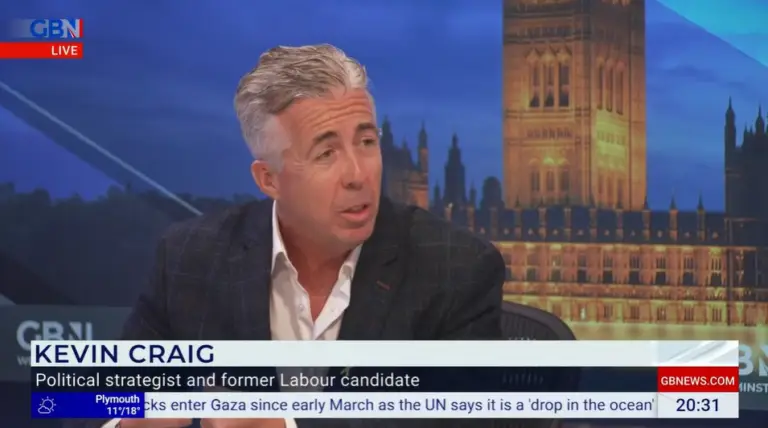The second batch of policy documents from the government may seem niche, but they affect every aspect of the economy.
The fate of seafarers’ certificates of competency may not be dominating your Brexit thinking. But make no mistake, even seemingly niche policy areas such as this one can have a significant impact on the UK’s economy. London is, for example, the home of the International Maritime Organisation, and UK financial institutions play a big part in the finance and insurance of global shipping. UK ports handle 500 million tonnes of cargo and 60 million passengers each year. One hundred thousand jobs depend directly on the smooth operation of the UK’s ports and goods on every high street in the country rely on this sector.
The same is true for the other 27 sectors, covered in papers released by the government today. These papers outline policies in the event of a failure to agree a deal between the UK and the EU before the Brexit date, 29 March 2019. The UK energy market is closely linked to that of the continent (though many in the sector suggest even further energy grid integration is needed). The paper on satellites and space programmes is very relevant for the GPS systems that UK technology will increasingly rely on in future. (The UK is not leaving the European Space Agency as this is not an EU institution, but our relationship with the Galileo project, for example, will have practical ramifications for everything from automobiles to mobile phones).
“Drug precursors” may not be a household word, but the supply chains that create our household medicines (even over-the-counter painkillers and lozenges) stretch across the European continent and beyond. The paper on this subject makes clear that the UK is willing to recognise EU standards and processes, but it is honest about the fact that the European Commission will needs the will to reciprocate, if we are to avoid disruption. Many pharmaceutical products manufactured in the UK rely on active ingredients produced on the Continent, and the final deal could have profound and practical implications for this sector.
In short, these policy papers are beginning to address the detailed issues that Brexit raises for the UK economy. The papers also introduce a dose of honesty, that the UK is counting on EU reciprocity, goodwill and willingness to strike a deal, if we are to avoid economic disruption.
Appendix: Links to the papers released on 13 September
- Connecting Europe Facility energy funding if there’s no Brexit deal
- European Regional Development Funding if there’s no Brexit deal
- European Social Fund (ESF) grants if there’s no Brexit deal
- Funding for UK LIFE projects if there’s no Brexit deal
- Driving in the EU if there’s no Brexit deal
- Handling civil legal cases that involve EU countries if there’s no Brexit deal
- Appointing nominated persons to your business if there’s no Brexit deal
- Travelling with a European Firearms Pass if there’s no Brexit deal
- Trading under the mutual recognition principle if there’s no Brexit deal
- Trading goods regulated under the ‘New Approach’ if there’s no Brexit deal
- Vehicle type approval if there’s no Brexit deal
- Accessing public sector contracts if there’s no Brexit deal
- Broadcasting and video on demand if there’s no Brexit deal
- Merger review and anti-competitive activity if there’s no Brexit deal
- What telecoms businesses should do if there’s no Brexit deal
- Data protection if there’s no Brexit deal
- Industrial emissions standards (‘best available techniques’) if there’s no Brexit deal
- Reporting CO2 emissions for new cars and vans if there’s no Brexit deal
- Upholding environmental standards if there’s no Brexit deal
- Using and trading in fluorinated gases and ozone depleting substances if there’s no Brexit deal
- Running an oil or gas business if there’s no Brexit deal
- Trading in drug precursors if there’s no Brexit deal
- Satellites and space programmes if there’s no Brexit deal
- Getting an exemption from maritime security notifications if there’s no Brexit deal
- Recognition of seafarer certificates of competency if there’s no Brexit deal
- Mobile roaming if there’s no Brexit deal
- Travelling in the Common Travel Area if there’s no Brexit deal
- Travelling to the EU with a UK passport if there’s no Brexit deal




